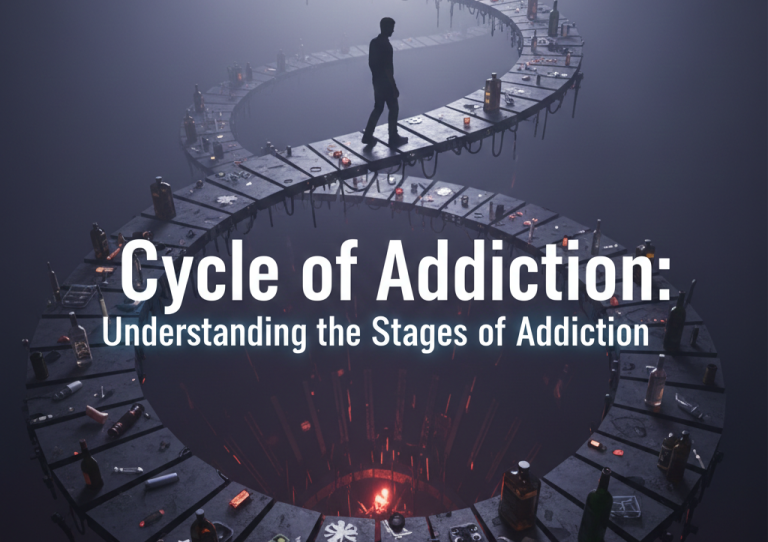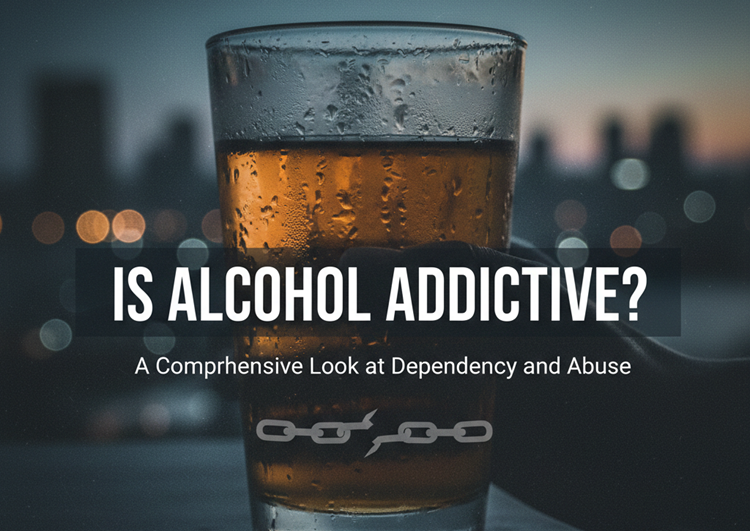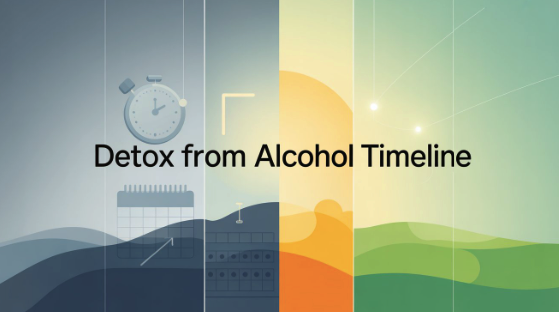Drug addiction. Words themselves can connote a burden of stigma, loneliness and despair. Chances are that if you are reading this, you are struggling with it or a person close to you has a struggle with its relentless grip. Know this: and you are not alone, and recovery is an absolute possibility. This isn’t a quick fix; it’s a trip of courage and undeterred forgiveness towards self. However, with the appropriate comprehension, help, and ways, you can free yourself.
This blog is a sincere work providing actionable steps and insights into how one can overcome drug addiction. We’ll go into the many-sidedness of addiction and create a path to everlasting healing.
What is Drug Addiction?
Before we look at solutions, let us explain what we are looking at. Drug addiction, in other words, substance use disorder, is a chronic, relapsing brain disease that involves compulsive use of drugs despite adverse outcomes. It is not a problem of sheer willpower or a moral lapse. Drugs affect the chemical composition of the brain, giving rise to extreme appetite and reduced capacity to regulate desires.
Key aspects of addiction include:
Compulsion: A strong desire or urge to use the drug despite a willingness to quit.
Loss of Control: Problems in controlling the use of drugs in terms of quantity or time.
Dependence: The body becomes used to the drug when one has to experiences withdrawal symptoms when he or she stops using it.
Tolerance: Requiring higher amounts of the drug to get the desired effect.
Negative Consequences: Even though there are major issues in relationships, work, health and finance.
The awareness of these patterns is the first but very important step to the admission of the necessity of change.
The First Step: Acknowledgment and Acceptance
The process of recovery usually starts with some daring honesty, admitting the problem. This can be very difficult and it is usually accompanied by denial, guilt and fear. But acknowledgment of the fact that drug use has become uncontrollable is the crucial first step.
Acceptance is not condonation of past action. It is having the awareness of the current situation and being willing to have a different future. It is the statement, “I need help, I’m willing to get it”.
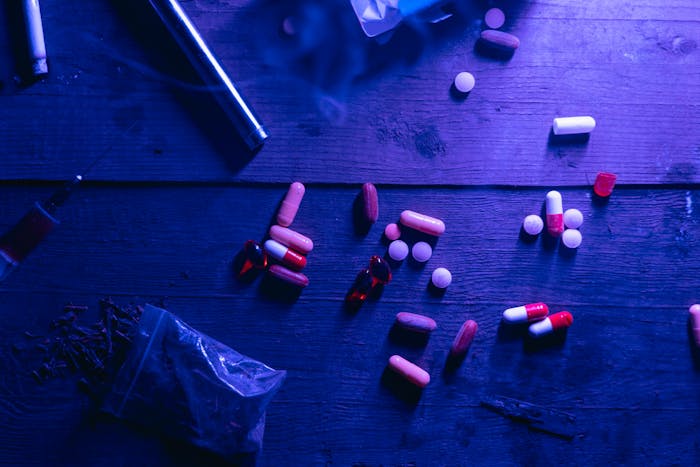
Building Your Recovery Toolkit: Practical Strategies
Dealing with drug addiction is a complex process that presupposes a holistic approach. The most important recovery toolkit building strategies:
Seek Professional Help: This is perhaps the most important step. Addiction is a complicated medical and psychological disorder that in most cases, needs expert intervention. Consider these options:
Medical Detoxification: Being able to safely control withdrawal symptoms under medical supervision.
Therapy and Counseling: Individual, group, and family therapy could assist in the treatment of the underlying causes of addiction, acquiring coping mechanisms, and developing relapse prevention strategies. Cognitive Behavioral Therapy (CBT) and Dialectical Behavior Therapy (DBT) are usually helpful.
Rehabilitation Programs: There are inpatient and outpatient programs that offer structured support, therapy, and education in a supportive setting.
Psychiatric Evaluation and Medication: It is important to treat any co-existing mental health problems such as depression or anxiety if one is to recover successfully.
Build a Strong Support System: Isolation fuels addiction. It is necessary to communicate with helpful people. This includes:
Family and Friends: Seeking support from loved ones who provide understanding and encouragement.
Support Groups: Together with organizations such as Narcotics Anonymous, (NA) or Alcoholics Anonymous (AA), one has a safe place to share experiences and receive peer support and from others on recovery.
Mentors or Sponsors: Fellow travelers in a recovery journey who can give guidance and hold them accountable.
Develop Healthy Coping Mechanisms: Addiction is more often than not a maladaptive means of dealing with stress, trauma, or adverse feelings. It is very important to learn healthy coping skills for long-term abstinence. This can include:
Mindfulness and Meditation: Being present and aware to cope with craving and emotional distress.
Exercise and Nutrition: For your body to be healthy, it equally means that the well being of your mind and emotions are also dependent on how you treat your body.
Creative Outlets: Hobbies such as arts, music or writing provide proper means of expression of emotions.
Spending Time in Nature: Coming in touch with nature can be therapeutic and can help to relieve stress.
Identify and Avoid Triggers: The triggers are persons, place, events or feelings that can enhance the desire to take drugs. It is important to know your triggers personally to be able to come up with avoidance or management strategies for them. This might involve:
- Changing routines and environments.
- Establishing healthy boundary relations with some people.
- Cultivating ways to deal with certain states of emotion.
Practice Self-Care and Self-Compassion: Recovery is not a smooth process and it has possible pitfalls. It is very important to be nice and patient with yourself. Engage in self-care activities that feed your mind, body, and soul. Be excited about little achievements and learn from any slips without beating yourself up.
Have a Routine and Goals: The disorganization of addiction can be countered by such things as structure and purpose. Having a daily routine and defining realistic and attainable goals can give a direction and a feeling of achievement.
Embrace Relapse Prevention Strategies: Relapse is a possibility on the road to recovery but this does not mean fail. Working out a relapse prevention plan with your therapist or a support group is a must. This plan should involve recognizing the signs and measures of coping with situations that are at a high risk, and who to reach out to for support.
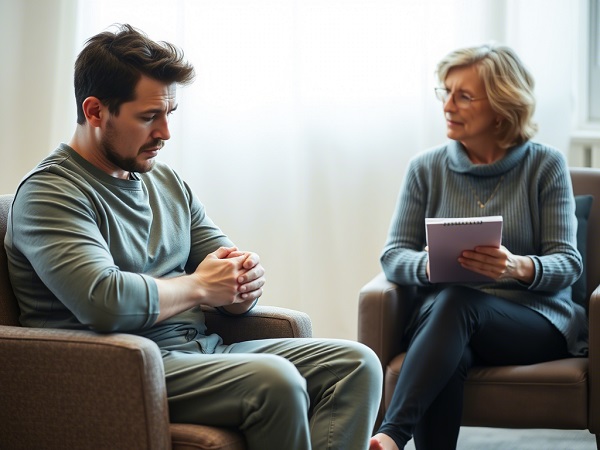
Seeking Help For Addiction
Ready to take that crucial first step toward a healthier, happier, and drug-free life? You don’t have to navigate the journey of overcoming drug addiction alone. At Orlando Treatment Solutions, we understand the strength within you and offer compassionate, personalized support to help you heal and rebuild.
Embrace the possibility of recovery and develop your support system with our expert team. Contact (321) 415-3213 today to learn how we can guide you toward a brighter future. Hope is real, and your recovery can begin now.














